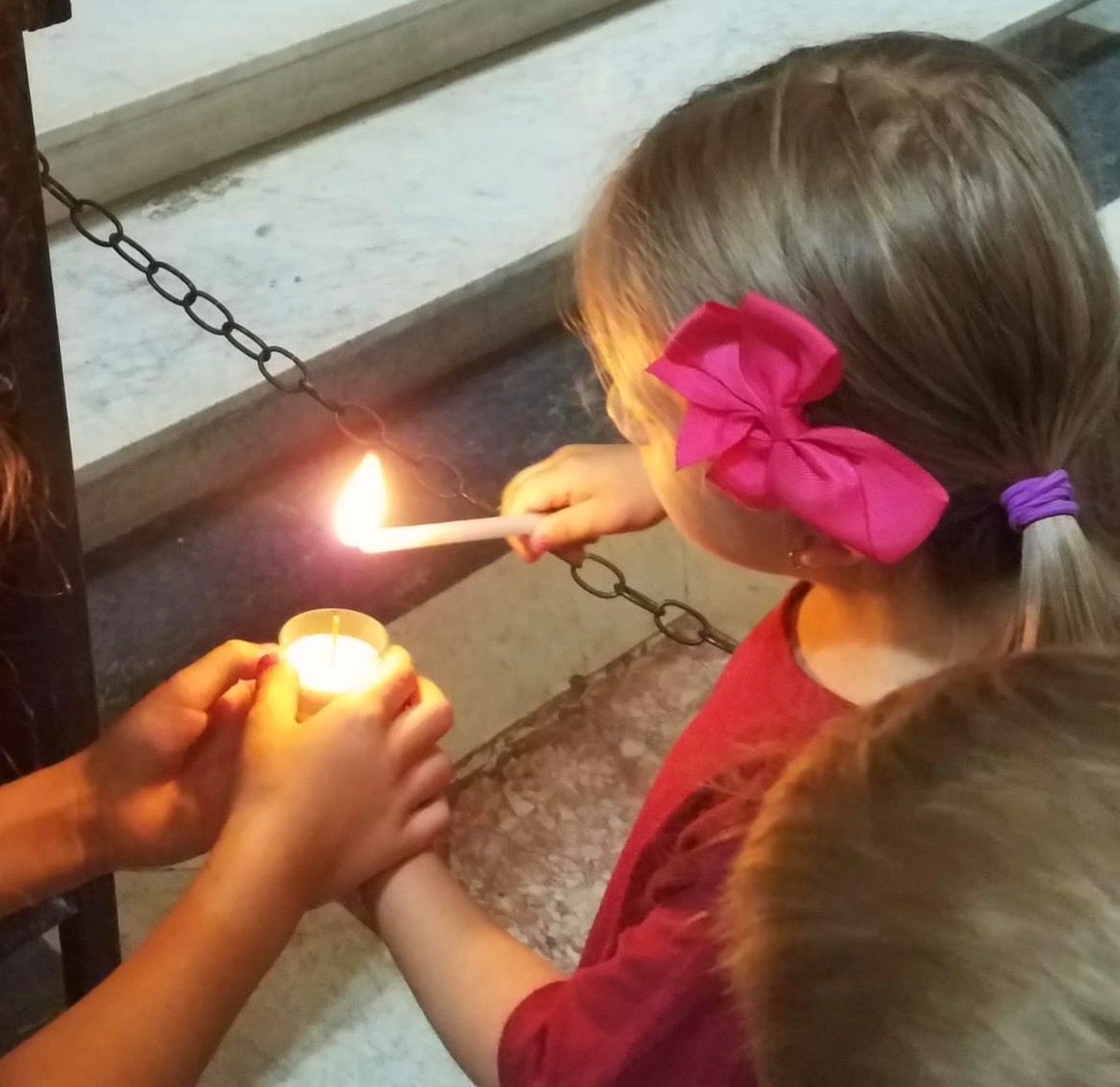
Mandatory Screening and Safeguarding Training Are Part of New Vatican Laws
This week Pope Francis published a motu proprio amplifying existing laws protecting children and vulnerable people on Vatican territories. Although critics have downplayed the significance of this act, even saying this is about as useful as promulgating a child protection law in Antarctica, on the contrary, I think it is a decisive step towards intensifying adherence to the Church’s universal ethic of preference for the weakest which comes from the Gospel mandate to put the little ones first.
The law gives a firm directive that any knowledge of abuse of minors and vulnerable adults on Vatican premises must be reported, and it spells out clear consequences for those who do not comply. Once reported, a process of professional legal, psychological, and spiritual accompaniment is enacted for those affected. The Pope is also committing to training in safeguarding for Vatican employees and those involved in institutions under its jurisdiction. As Archbishop Scicluna explains, this includes the extraterritorial properties of Vatican City State in Rome.
Anyone who lives in Rome and works or studies between Italy and the Vatican likely has had an experience of the gap that exists between the two governments. Pontifical universities follow Italian laws, but for some things, such as getting a diploma from a pontifical university recognized by the Italian state, an extremely complex tour of Vatican and Italian offices and a few hundred euro in stamps are necessary. For those who have had experiences like this, it is clear that “the Vatican” includes a complex relationship between many Extraterritorial Vatican City State realities (including seminaries, universities, and churches, spread throughout all of Rome) and the Italian state. These boundaries are far more complex than the 110 acres comprising the territorial Vatican City State, which on Google Maps looks like one big, ancient, walled garden.
There are many minors at “the Vatican”. They pour through St Peter’s—but are not only found there. They attend the Vatican’s minor seminary, are treated at Bambino Gesù Hospital, come to special events at the Pontifical Lateran University and the Roman Seminary, visit their uncles at the Pontifical North American College. These places are all extraterritorial Vatican City State properties. It’s likely some of these places have already had their own policies regarding child protection in place – for example, the North American College, where safe environment training and screening are pre-requisites for work with youth in the US. Yet other places have had no formal training or screening in place for employment that involves working with youth.
The new law remedies the of Vatican realities’ being outside reporting laws which further complicated how and to whom crimes should be reported. It also gives a clear signal to others: in the Vatican, it is normative to report abuse of children and vulnerable persons. Those who block, discourage, or do not listen to such reports are themselves guilty of misbehavior punishable by law.
However, perhaps the most important aspect of the motu proprio is a mandate to screen employees and train staff to know boundaries and appropriate behavior for interacting with minors and to be aware of which channels exist for reporting problematic behavior. This is key to preventing abuse from happening in the first place. Perhaps when some people think of a Vatican employee they immediately imagine a monsignor with years of training in pastoral care. Yet the category also includes the twenty-something lay student who has been employed for a semester to maintain modesty standards for those entering St. Peter’s Basilica. Once I witnessed a group of young girls approach, not letting on which language they speak. The employee stopped them, and to communicate that they should put something on their bare back and shoulders, he touched them—a little too much, but not a criminal case. Training staff for situations like this would give both a common standard to adhere to and a legitimate person to report concerns to.
Training Vatican employees is also a way to effect a worldwide impact. Some Vatican employees are stable Italian residents, yet many are also itinerants. Young people come to Rome for studies or mission, yet not all of them are priests and religious dedicated to a formation path. If they go back to their home countries with a positive experience of the Church’s internal policy aligned with her public ethical commitment, it works towards positive change in the local churches to which they return as members. The person who has had a chance to speak about these issues and develop a sense of co-responsibility for caring for the vulnerable is all the more likely to hold others to a higher level of responsibility as well.

